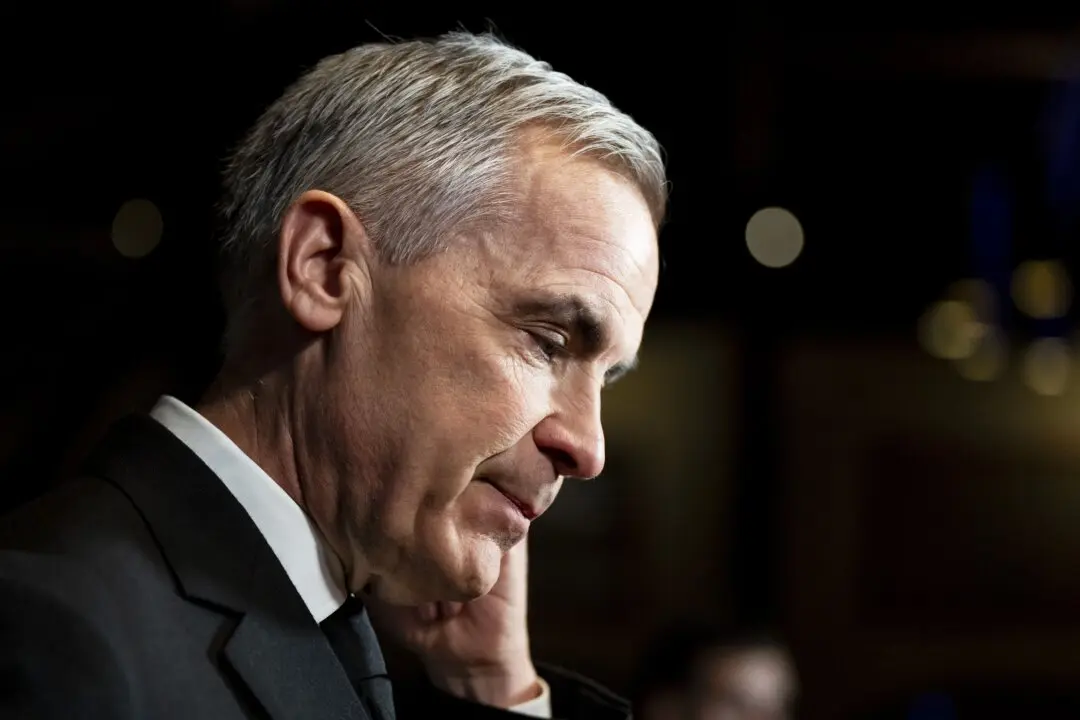Saskatchewan Premier Scott Moe has released a letter addressed to Prime Minister Mark Carney detailing 10 policy changes he says Ottawa must implement to restore the relationship between the federal government and his province.
The letter posted to Moe’s social media account on May 14 outlines the province’s “Strong Saskatchewan, Strong Canada Plan.”





